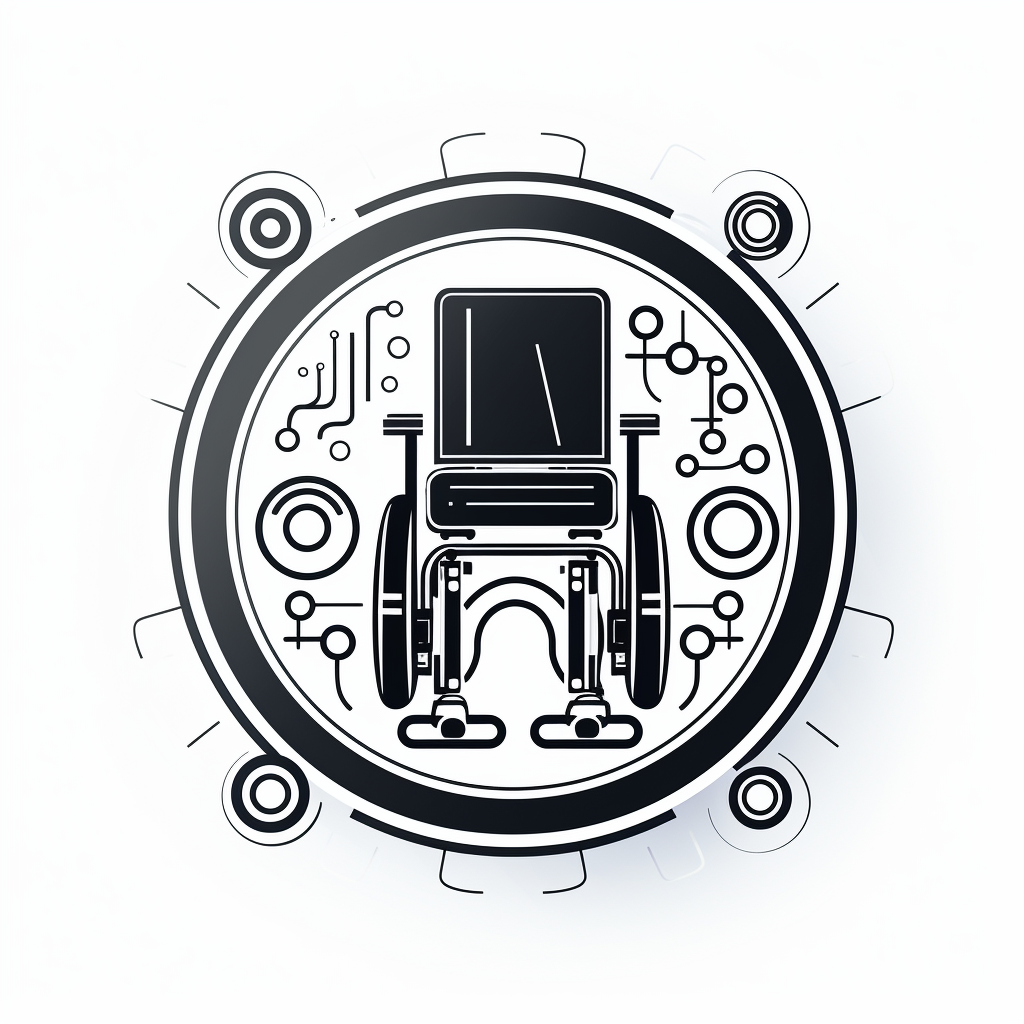
Artificial Intelligence (AI) has been a game-changer in many sectors, including healthcare. AI has been successful in Assistive Technology, an area that’s always been at the forefront of technology.
AI has the potential to revolutionize AT, as highlighted by the UN Special Rapporteur on the rights of persons with disabilities. It can enhance assistive robots, autonomous wheelchairs, and guidance systems for visually impaired individuals. Speech recognition improvements are improving AT applications, while smart homes can boost independence and well-being.
However, challenges exist. AI systems learn from data “training sets,” and if these sets lack diversity, the technology may not reflect the needs of diverse human experiences. Also, the transparency of the data labelling process and lack of diversity in data collection can lead to biased AI tools. Therefore, AI training sets must include AT users to ensure the technology caters to their needs.
Many of these technologies are still in development and have yet to overcome significant barriers. For example, people with dysarthria are hard for speech recognition systems to understand, and smart wheelchairs have trouble detecting descending stairs.
The healthcare workforce should be trained in using digital products and AI tools to educate future generations. This is part of a broader framework to support these technologies’ development and sustainability.
Regulations, standards, and policies also need to keep pace with technological advancements. The proposed EU legislation has raised concerns among the European Disability Forum as it does not sufficiently address and protect the rights of persons with disabilities, especially when AI is used for access to public and private services.
AI could revolutionize AT, but it’s important to involve AT users and healthcare providers in the development process. This involves talking about the ethical use of these technologies and creating rules and policies to govern them.
